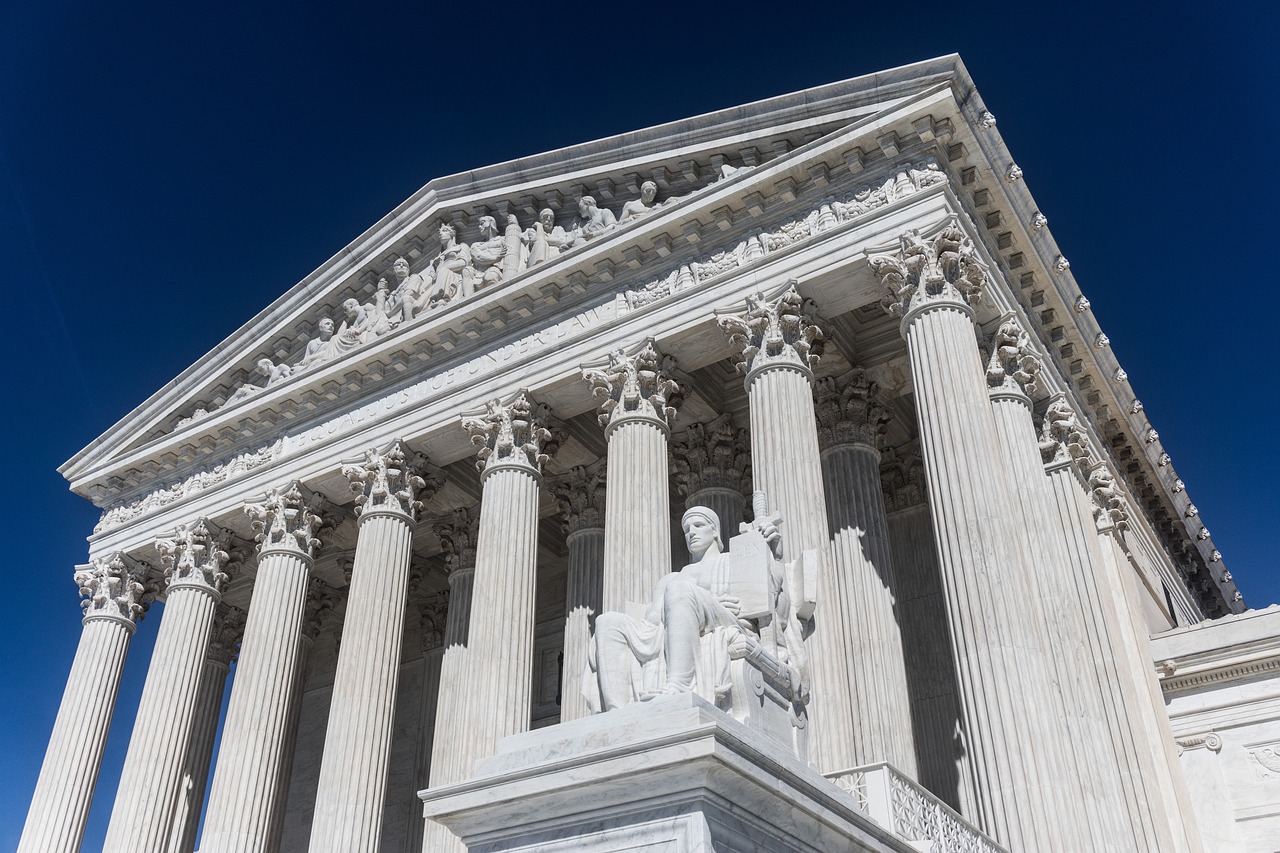The Supreme Court’s decision in court cases filed by Students for Fair Admissions against the University of North Carolina and Harvard College will have last affects on American society—not just in college admission processes, but for businesses looking to hire diverse candidates or promote inclusive workplace cultures.
The Fox editorial team sat down with Leora Eisenstadt, associate professor of legal studies and director of the Center for Ethics, Diversity, and Workplace Culture (CEDWC) at the Fox School. Eisenstadt is an expert in employment law, business law, law and linguistics, work-family conflict, sex discrimination, race and the law, and public policy.
For media inquiries, contact Karen Naylor, associate director of communications.
The Supreme Court recently struck down affirmative action at colleges and universities. What was the basis for the majority’s reasoning?
The essence is that the majority ruled that admissions programs that consider race as a factor in admissions (in this case, the University of North Carolina and Harvard College) violate the Constitution’s equal protection clause, which prohibits race discrimination by government entities.
Higher education institutions, including Temple, will be grappling with what this decision means for the future of admissions. What constitutional avenues do they have for enrolling diverse student bodies?
Justice Roberts’s majority opinion clarified that admissions programs can consider how a student’s racial identity impacted the student’s life, character or goals. Presumably a student can write about this in their personal essay. But the majority opinion also warned that “universities may not simply establish through application essays or other means the regime we hold unlawful today” and emphasized that “the student must be treated based on his or her experiences as an individual not on the basis of race.”
How will this decision affect the trajectory of the American workforce in the future? How will it impact hiring diverse candidates?
It will likely affect the ability of companies to recruit diverse workforces, the ability of future employees to work productively in existing workplaces and the ability of minority communities to close the wealth gap and thrive in American society. First, many employers understand the value of a diverse workforce—increased productivity and creativity, improvements in employee health and well-being, better retention and enhanced innovation, among many other benefits. These employers will likely have increased difficulty recruiting diverse talent. If colleges and universities are unable to enroll a diverse student body, it makes it that much more difficult for employers to find candidates from diverse backgrounds.
Second, new employees from all backgrounds will be less prepared to productively contribute to diverse workplaces. As Justice Sotomayor pointed out, “Students of all backgrounds have formed settled expectations that universities with race-conscious policies will provide diverse, cross-cultural experiences that will better prepare them to excel in our increasingly diverse world.” There are numerous benefits that students derive from learning in a diverse environment including critical thinking skills, reduction of implicit biases and increased empathy among others. These are skills and qualities that sophisticated employers want in the talent they hire, and employers will need to somehow compensate for the lack of preparation provided by educational institutions.
Finally, as Justice Jackson noted, the decline in minority students’ enrollment will have severe consequences for marginalized communities more generally. “For marginalized communities in North Carolina, it is critically important that UNC and other area institutions produce highly educated professionals of color. Research shows that Black physicians are more likely to accurately assess Black patients’ pain tolerance and treat them accordingly (including, for example, prescribing them appropriate amounts of pain medication). For high-risk Black newborns, having a Black physician more than doubles the likelihood that the baby will live, and not die. Studies also confirm what common sense counsels: Closing wealth disparities through programs like UNC’s which, beyond diversifying the medical profession, open doors to every sort of opportunity helps address the aforementioned health disparities (in the long run) as well.”
Will company’s DEI efforts (e.g. diverse hiring) face the same constitutionality questions?
The direct impact on employee hiring is not clear. In general, private companies are governed in the employment law context by different laws than were at issue in this case. But the Court’s overall colorblindness approach may, in the near future, impact the way it interprets employment laws that apply to companies’ hiring and workforce management efforts.
In a previous precedent, “Justice Sandra Day O’Connor said she expected that ‘25 years from now,’ or in 2028, the ‘use of racial preferences will no longer be necessary.’” In his majority opinion in this decisions, Chief Justice Roberts said that “the time for making distinctions based on race had passed.” Why do you believe this is inaccurate?
I think Justice Jackson’s response perfectly captures my frustration with the majority’s approach: “Deeming race irrelevant in law does not make it so in life… No one benefits from ignorance. Although formal race linked legal barriers are gone, race still matters to the lived experiences of all Americans in innumerable ways, and today’s ruling makes things worse, not better. The best that can be said of the majority’s perspective is that it proceeds (ostrich-like) from the hope that preventing consideration of race will end racism…If the colleges of this country are required to ignore a thing that matters, it will not just go away. It will take longer for racism to leave us. And, ultimately, ignoring race just makes it matter more.”
I fundamentally disagree with Justice Roberts’s argument for colorblindness. Racism is not over, and it helps no one to pretend otherwise.
